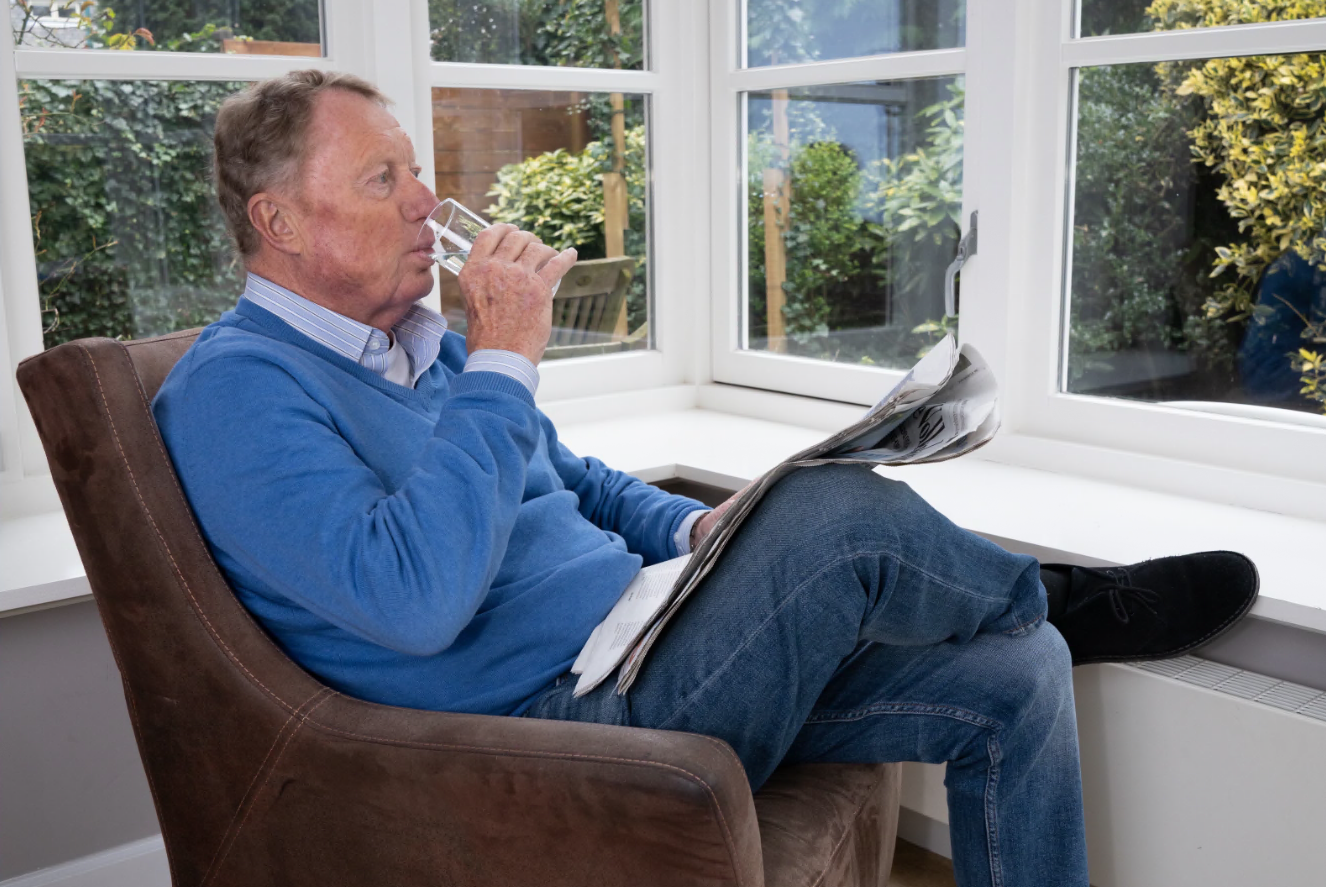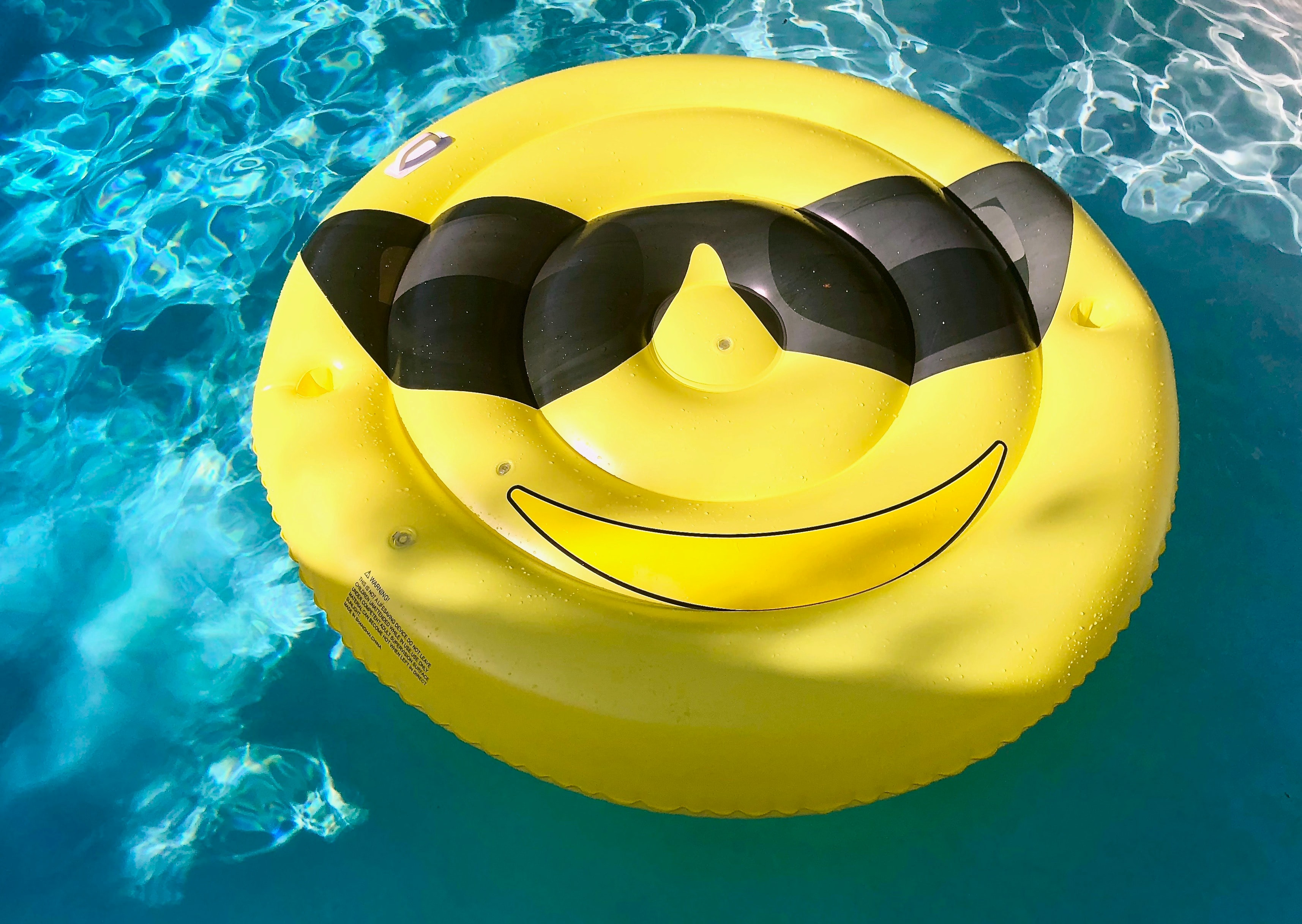
Smart water use
Tips for smart water use
Water is essential for life. Yet we use it without thinking what it takes to produce clean drinking water. Population growth, climate change and pollution put pressure on clean freshwater resources. We can work together in looking after our most precious resources and use water smartly.
Smart water use indoors
Most water is used by the toilet and in the bathroom. Here are various opportunities for smarter use.
- Place a flush break on the toilet.
- Taking a quick shower uses less water than a bath. You can also half-fill a bath or bathe several children at the same time.
- Set a timer when taking a shower. Or use an hourglass as a 'shower coach'. This way you won’t lose track of time.
- Turn off the tap while brushing your teeth.
- A water-saving shower head and mixer taps can also help in reducing the amount of water used.
- Only turn on the dishwasher or washing machine when it is full.
Smart car wash
If you want to wash your car, the car wash is the best place to do so. There polluted water does not leak into the environment. You may also consider washing your car less often.
Water to go
At public taps you can tap free drinking water 24 hours a day, 7 days a week. Great to fill your water bottle when you are taking a walk or bike ride. This is where you will find public taps. Please do not let these taps run unnecessarily!

Stay hydrated

Smart use of yard pools
Yard pools are trending and are getting larger in size. A full yard pool may contain between 2,300 and 6,500 liters of water. In comparison, taking a bath costs about 120 liters of water and 9-minute shower some 65 liters. If you have a pool, please fill it at a quiet time: before 7:00 in the morning or after 22:00 in the evening and use a pump to purify the water. This will reduce the need to change the water.
Of course, many villages and cities have public swimming pools. Or you can swim in outdoor waters such as lakes, rivers, pools or the sea. The website of zwemwater.nl lists all places where you can have a safe swim.
Smart garden
Adapting your garden to drought can be done by watering plants less often and by designing your garden in such a way that extra watering is hardly necessary. Here’s how:
- Water the garden before 7:00 in the morning or after 22:00 in the evening. Then the plants will not get burned and less water evaporates. Plants that are sensitive to mold are best watered in the morning.
- Water your plants close to the roots. And rather with a lot of water once or twice a week, than giving it a little every day. This way their roots will grow deeper into the ground to find water.
- Install a rain barrel so rainwater can be collected and used to water the plants in pots.
- Let groundcovers grow or spread tree bark on the ground so that the soil stays moist for a longer period. Pavement provides more heat and evaporation.
- Keep the garden hose out of the sun (especially in the summer) in order to prevent legionella.

Run the taps after holiday
Have you been away from home for more than a week? Please refresh the water that remained in the pipes. Flush toilets and run each tap in the house for 1 minute. Put the shower head in a bucket of water when you let it run, in order to prevent evaporation.
These actions do not have to be a waste of water, if you catch and re-use the water for watering plants or for cleaning.
What does Dunea do with regard to sustainable and smart water use?
What is Dunea doing itself with regard to sustainable and smart water use? Our innovation manager, Annemarie Breet, is happy to tell you more about it! For example, we reuse water with which we make drinking water and for houses we are developing a new water connection point.
Look for leaks
- Read the water meter on a regular basis in order to find leaks If you do not use any water, the meter will stand still.
- Have leaking pipes or tabs in the house repaired. Ten drops per minute does not seem like a lot, but it will add up to more than 1,000 liters per year.
- Did you discover droplets on your water meter? In most cases this is condensation. If you think you might have a leaking meter, please contact our customer service: 088 347 47 47.